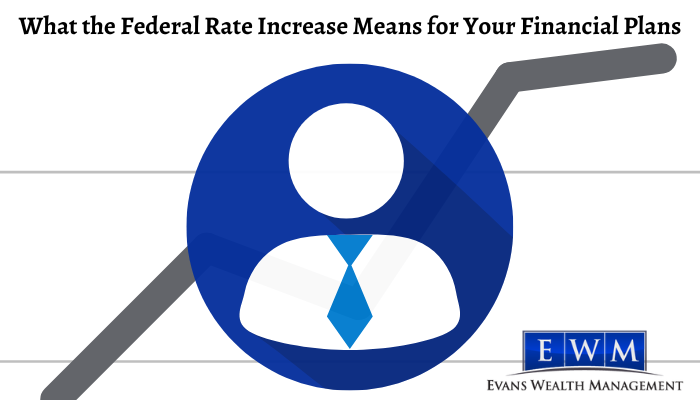The Federal Reserve increased interest rates last Wednesday, June 15th stepping up its efforts to rein in inflation. The moves will ripple through the financial world and the wallets of millions of Americans, changing the math on a range of money decisions big and small.
With inflation hitting 8.6% in May, the cost of everything from lawn care to air conditioning is on the rise. The Fed rate increases are intended to cool the economy and slow the runaway growth in prices.
As rates rise, it makes sense to accelerate some financial plans and put others off. Credit card debt and other loans with variable rates are likely to get more expensive and should be dealt with first. When considering borrowing for major purchases such as a car or home, it might make sense to delay.
An increase in interest rates usually mean credit cards will raise annual percentage rates, or APR. The average annual percentage rate for those with good credit was roughly 19%. That number can go up, given the expected upcoming rate increase.
Once you’ve paid down debt, look at your savings. One upside of a rate increase: Many banks and other institutions will likely offer at least slightly better rates on high-yield savings accounts and other savings vehicles.
Just as you should give priority to paying down existing debt, think carefully before taking on new debt, such as a mortgage or an auto loan.
Mortgage rates, however, are based largely on the yield of the 10-year U.S. Treasury Bond. When the Fed raises rates, the increase pushes the yield on the Treasure note higher, which in turn pushes mortgage rates higher.
As for when the rates will level off, Fed Chairman Jerome Powell said in an interview last month that economic data would be the guide. “What we need to see is clear and convincing evidence that inflation pressures are abating and inflation is coming down. And if we don’t see that, then we’ll have to consider moving more aggressively,” he said.
Stan Evans, CRPC, AIF, 740-446-4200, www.ewstanevans.com
Chartered Retirement Planning Counselor, Accredited Investment Fiduciary
FINRA Dispute Resolution, Registered Investment Advisor



